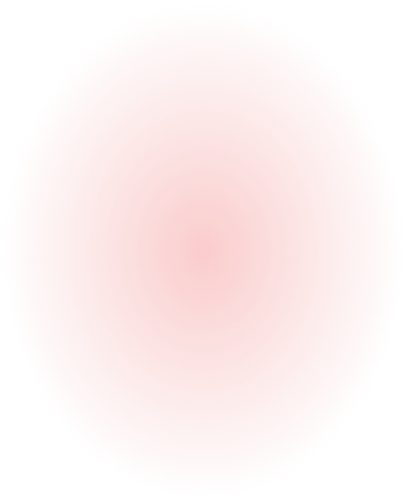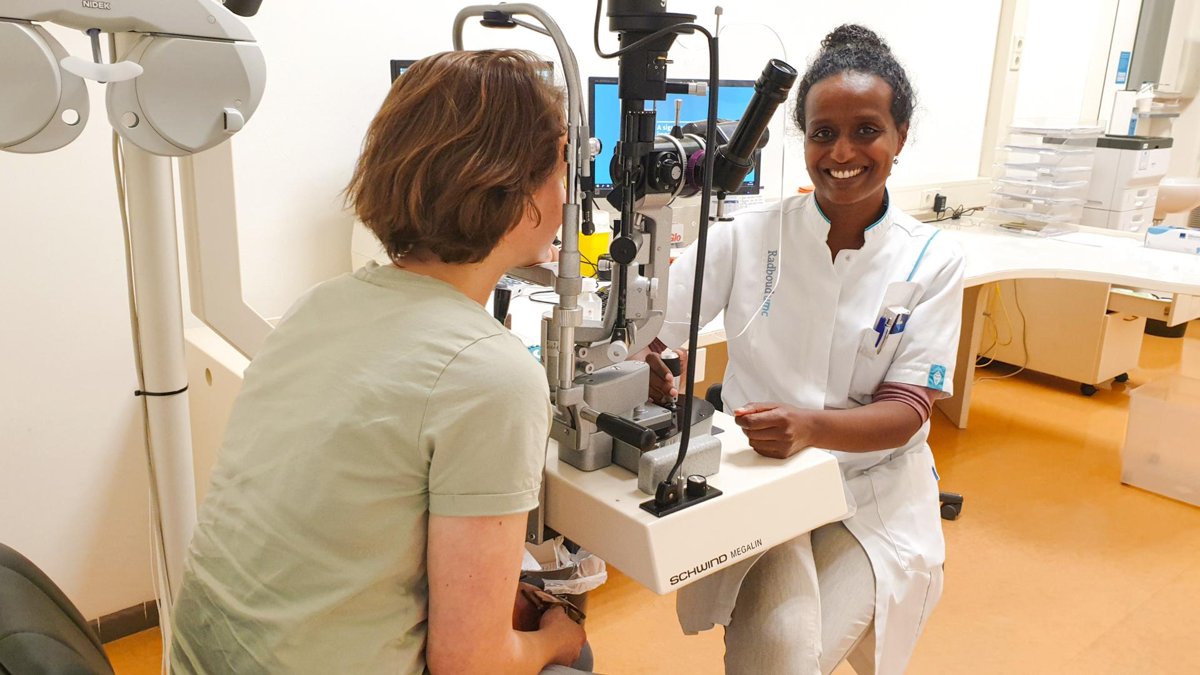Our Funding Philosophy
In order for ideas to take root and grow into future clinical realities, researchers must prove that their theories will work. BrightFocus’ annual awards catalyze the efforts that are necessary to take a brilliant idea from the lab book to the doctor’s office.
The BrightFocus programs are designed to provide initial funding for highly innovative experimental ideas, including interdisciplinary investigations that may apply to two or three of the BrightFocus disease interests. Most of the awardees use the BrightFocus donor award money to demonstrate key findings that lead to later interest and additional funding from industrial or governmental funding agencies. It is our firm belief that having the courage to invest in innovative ideas will lead to revolutionary therapies.
The portfolio of BrightFocus donor-supported research extends from basic molecular and cellular biology through clinical and behavioral health research. Please visit the research we have funded section of the website for more information on current and past BrightFocus-sponsored research projects. BrightFocus is proud to have awarded nearly 225 million1 dollars to fund ground-breaking research to help eradicate brain and eye diseases.
As a testament to the role of BrightFocus in identifying tomorrow’s leaders, BrightFocus is proud to have fostered the early careers of Dr. Stanley Prusiner and Dr. Paul Greengard, who independently won the Nobel Prize in Physiology or Medicine.
“BrightFocus funding has been critical to our success in the past year. It has allowed us to generate preliminary data that were part of a National Institutes of Health grant proposal that was recently approved for funding. This NIH funding will support the lab for the next several years and ensure that we remain active contributors to the field of Alzheimer’s disease research.
In addition, funding from BrightFocus provided important validation of the work in my lab, and was a significant factor in the recent decision of my institution to recommend my promotion to Associate Professor with tenure. Thank you!”
– Jane Sullivan, PhD





